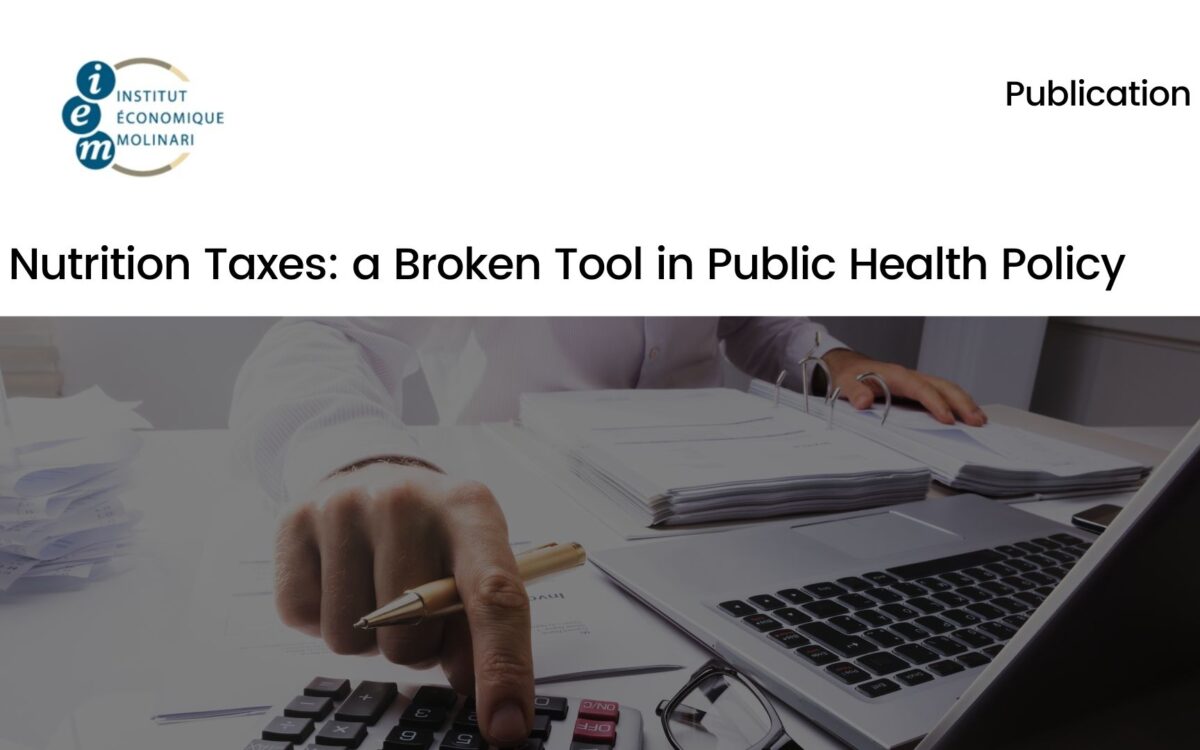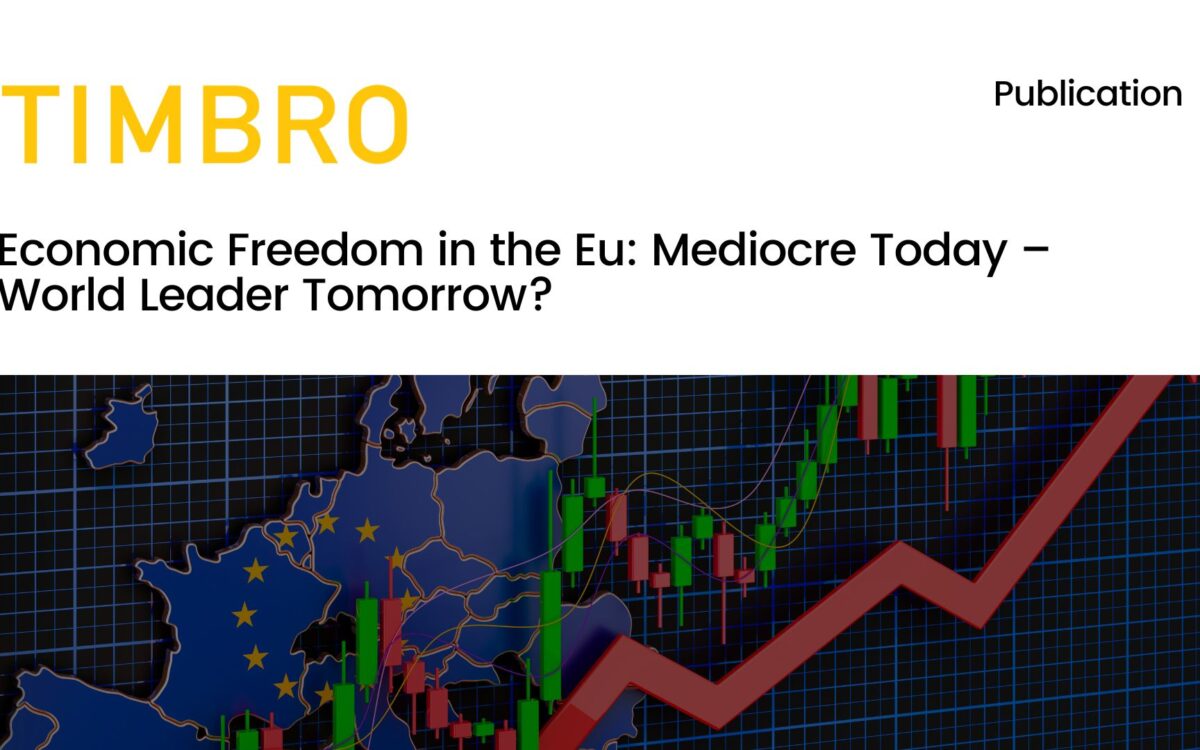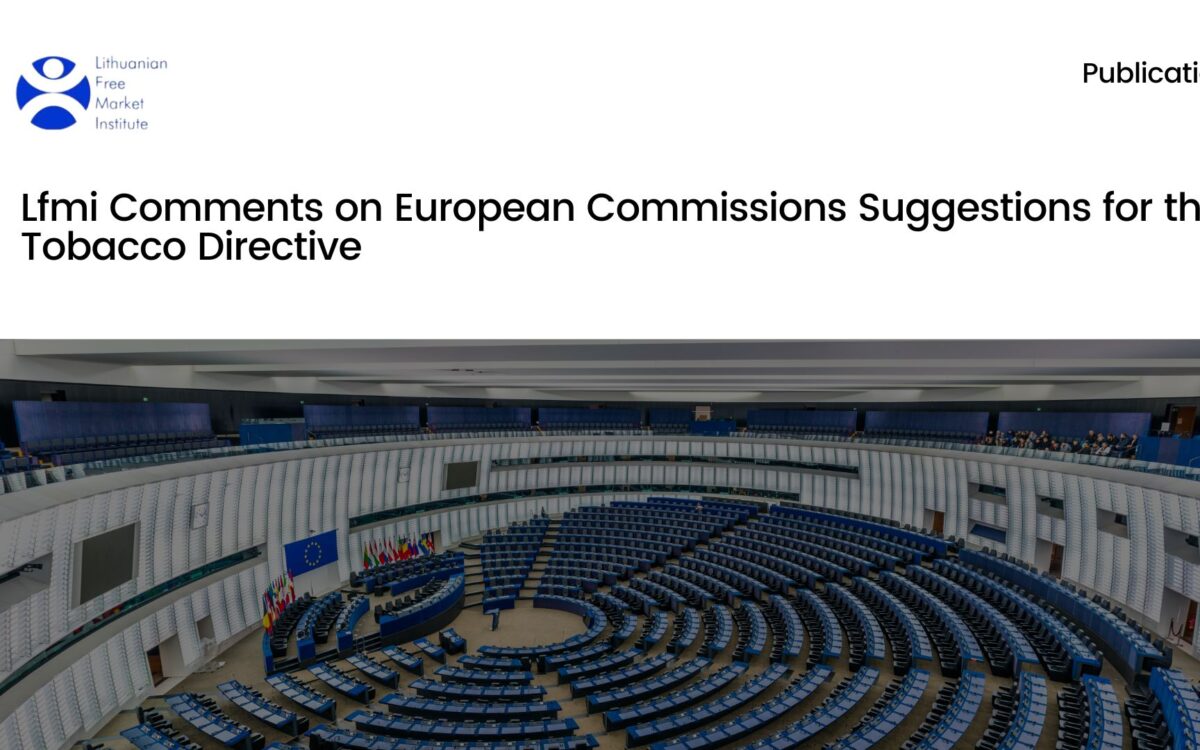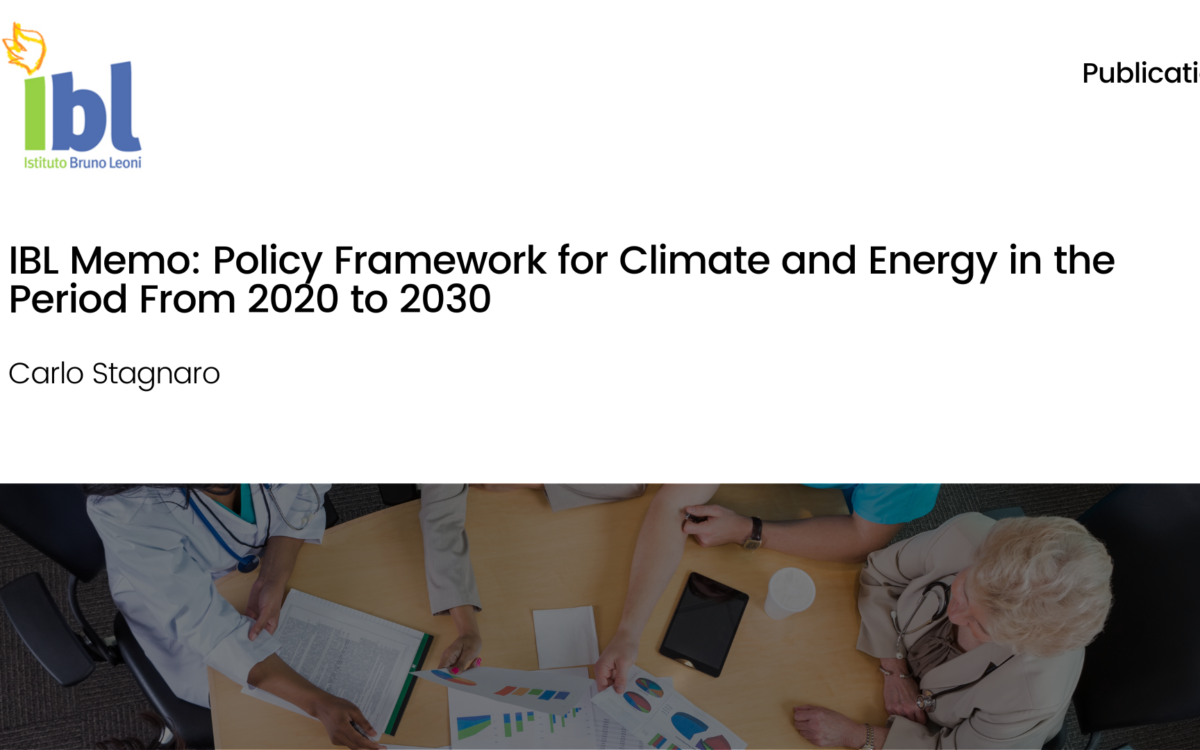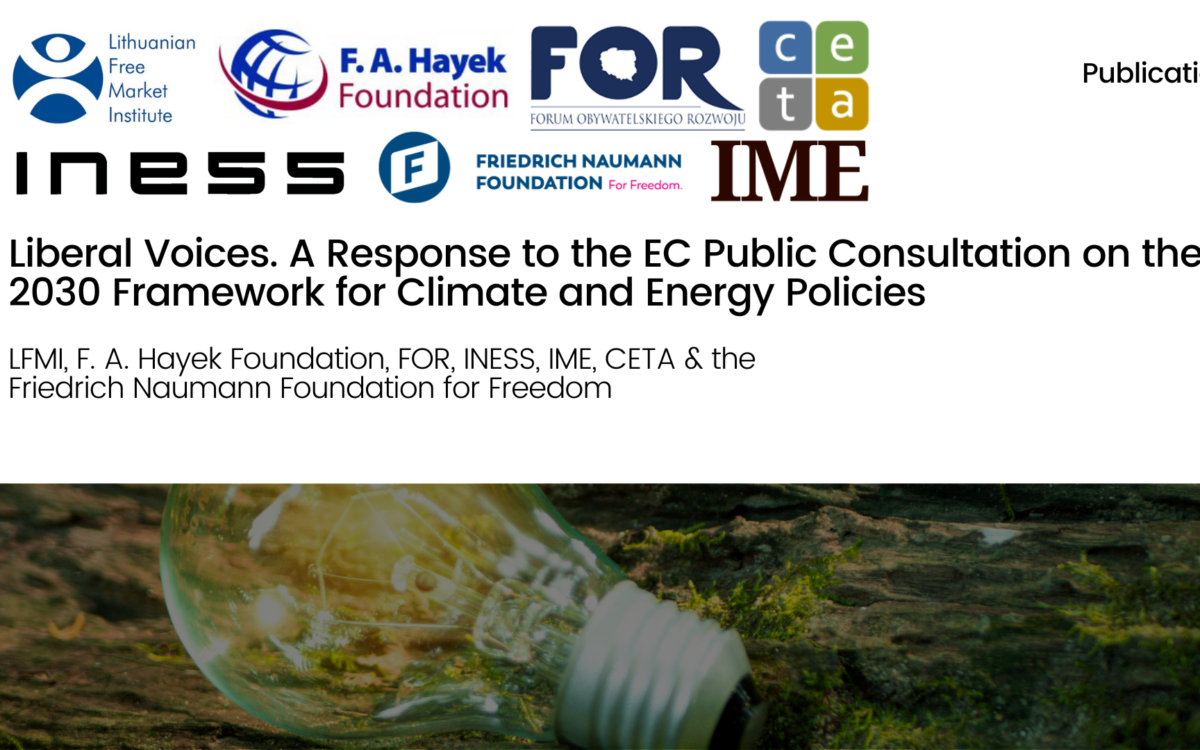October 1, 2014
It is vital to understand that the impact of nutrition taxes on the consumption of nutritionally poor food is unclear and that there is a sizable risk of instituting additional constraints on the country’s economic activity without getting the expected public health benefits.
